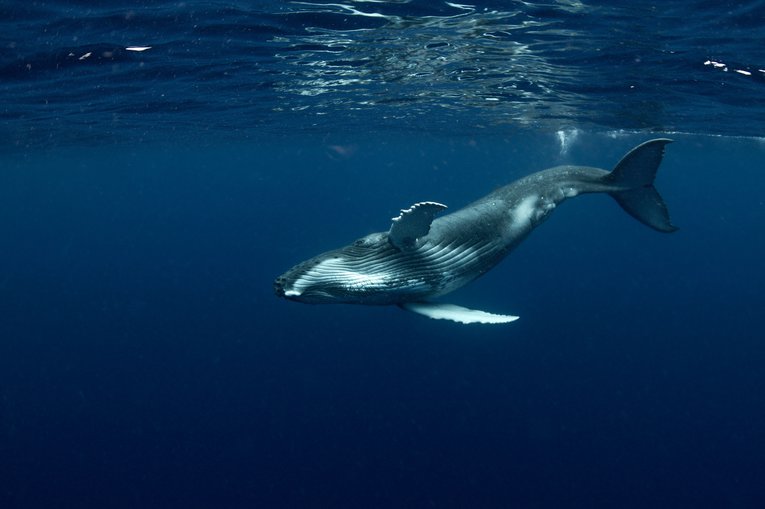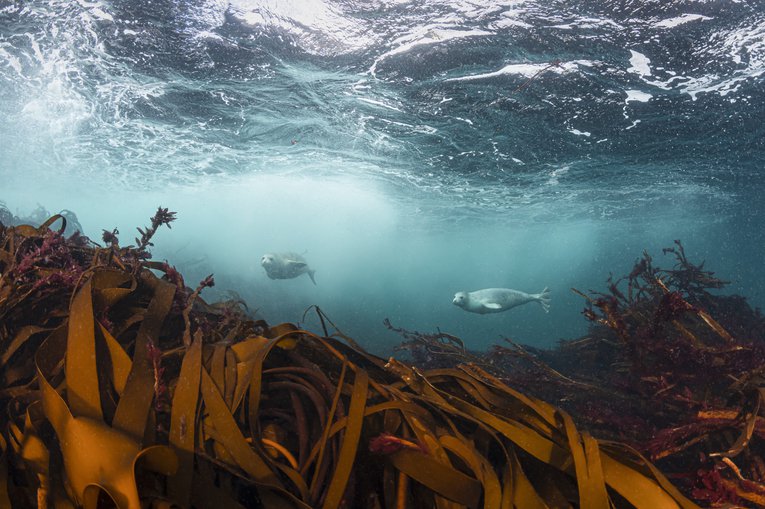
Investing in ocean-based climate solutions
Our planet is facing a climate emergency, and time is running out to reverse the terrible damage that we’re doing to the natural world. It’s time to invest in the ocean to fight the climate crisis.
30
%
of our carbon emissions are captured and stored by the sea
1
%
global climate finance is spent on the ocean
98
%
of carbon stored in the UK's seafloor is found in areas where there are no trawling restrictions
We need our ocean to fight the climate emergency
Removing and storing dangerous pollution from the air we breathe is only possible with the support of a healthy ocean. But without protection, restoration and investment, our ocean cannot fight the escalating climate crisis.
A paper from Deloitte, produced in partnership with the Marine Conservation Society and Whale and Dolphin Conservation, explores just how little funding ocean-based solutions to the climate crisis receive.
Quite literally, a drop in the ocean.

Credit: Clifton Hastings via Shutterstock

Credit: Kirsty Andrews
What the research tells us
- The crucial role of the ocean in fighting the climate crisis is largely unrecognised by businesses and policymakers. As a result, it is underfunded
- Natural climate solutions receive less than 3% of all climate finance, with the ocean receiving less than 1%
- For every USD 1 invested in rebuilding marine life, around USD 10 are generated in economic return
- With the right corrective actions we can achieve ocean recovery as soon as 2050
- The UK is providing some leadership: from a climate finance fund of £11.6 billion, it has committed at least £3 billion to nature-based solutions.

Credit: Georgie Bull
What we want
By comparing the carbon capture of forests to oceans, and the dramatically lower acknowledgement of and financial backing in ocean-based solutions, we hope to highlight the senselessness of overlooking 71% of the surface of the planet, 90% of the biosphere and our largest carbon sink.
Together with Whale and Dolphin Conservation we want to see funding for nature-based solutions to the climate crisis increase, with funding in the ocean in line with that for the terrestrial environment.


